Your gut is not just where digestion happens, it is where health begins. Cultivating simple, homegrown foods like herbs, leafy greens, and fermented vegetables can dramatically support your microbiome.
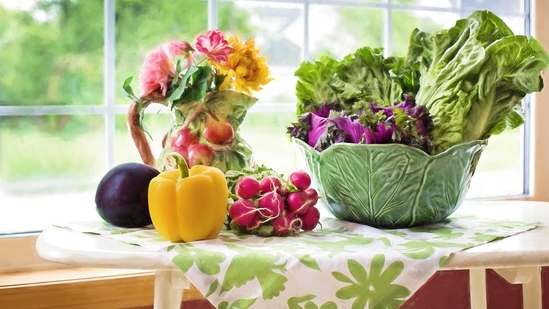 These 8 homegrown foods or herb could do more for your gut than most probiotics.(Image by Pixabay)
These 8 homegrown foods or herb could do more for your gut than most probiotics.(Image by Pixabay)
In an interview with HT Lifestyle, Asad Hussain, Founder and CEO at OddsFitness, shared, “Your digestive system influences much more than just your stomach, it’s the cornerstone of overall health, immunity and even your mood.”
Asserting that personalised wellness starts with restoring balance in the gut, Asad Hussain said, “Growing your own food is one of the most powerful, low-effort steps you can take toward better digestion, immunity and long-term vitality.”
Improving digestion doesn’t require expensive supplements. Instead, simple homegrown herbs and homemade ferments can offer scientifically proven benefits.
According to Asad Hussain, here’s how you can naturally boost your gut health at home:
1. Tulsi (holy basil)
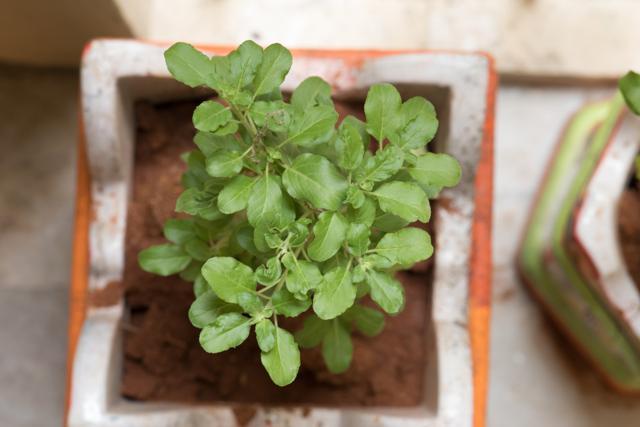 The tulsi plant is effective for different ailments, is an analgesic, and has antioxidant properties. (Shutterstock)
The tulsi plant is effective for different ailments, is an analgesic, and has antioxidant properties. (Shutterstock)
Tulsi isn’t just spiritually significant – it’s scientifically powerful for your digestion. Modern studies reveal that tulsi acts as a prebiotic, increasingly beneficial gut bacteria like Lactobacillus and Bifidobacterium, crucial for digestive health (Kondapalli et al., 2022).
How to use: Chew fresh tulsi leaves each morning or brew them into tea.
2. Curry leaves 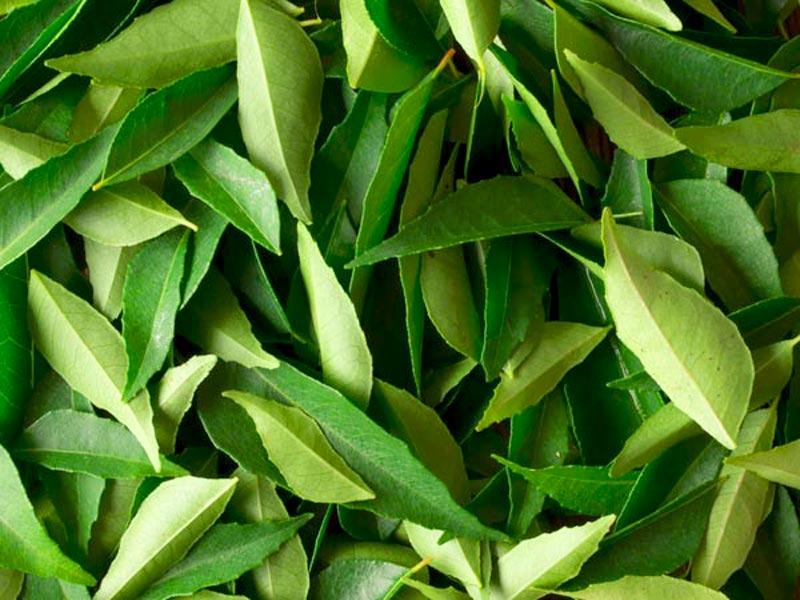 Curry leaves, commonly known to add aroma and flavour to food, are also a rich source of beta-carotene and protein, known to control hair loss and encourage healthy hair growth. (Shutterstock Photo)
Curry leaves, commonly known to add aroma and flavour to food, are also a rich source of beta-carotene and protein, known to control hair loss and encourage healthy hair growth. (Shutterstock Photo)
Commonly found in Indian homes, curry leaves are rich in dietary fiber and polyphenols. Recent research highlights their ability to enhance gut bacteria and produce short-chain fatty acids, supporting overall gut balance.
How to use: Include fresh curry leaves in daily cooking or chew them raw in the morning.
3. Fenugreek (methi) Fenugreek seeds help regulate blood sugar levels and improve insulin sensitivity(Shutterstock)
Fenugreek seeds pack a fiber-rich punch, helping regulate gut health. Studies show fenugreek boosts beneficial gut microbes and can correct imbalances caused by unhealthy diets.
How to use: Sprout fenugreek seeds and add them to salads or curries.
4. Mint (pudina)  Pudina or mint not only has a cooling effect in the body, but it’s also great for the skin(Pixabay)
Pudina or mint not only has a cooling effect in the body, but it’s also great for the skin(Pixabay)
Mint leaves contain menthol, proven effective at easing symptoms like bloating and abdominal pain related to irritable bowel syndrome (IBS). It relaxes gut muscles and relieves discomfort.
How to use: Brew fresh mint leaves into soothing herbal tea after meals.
5. Moringa (drumstick leaves) 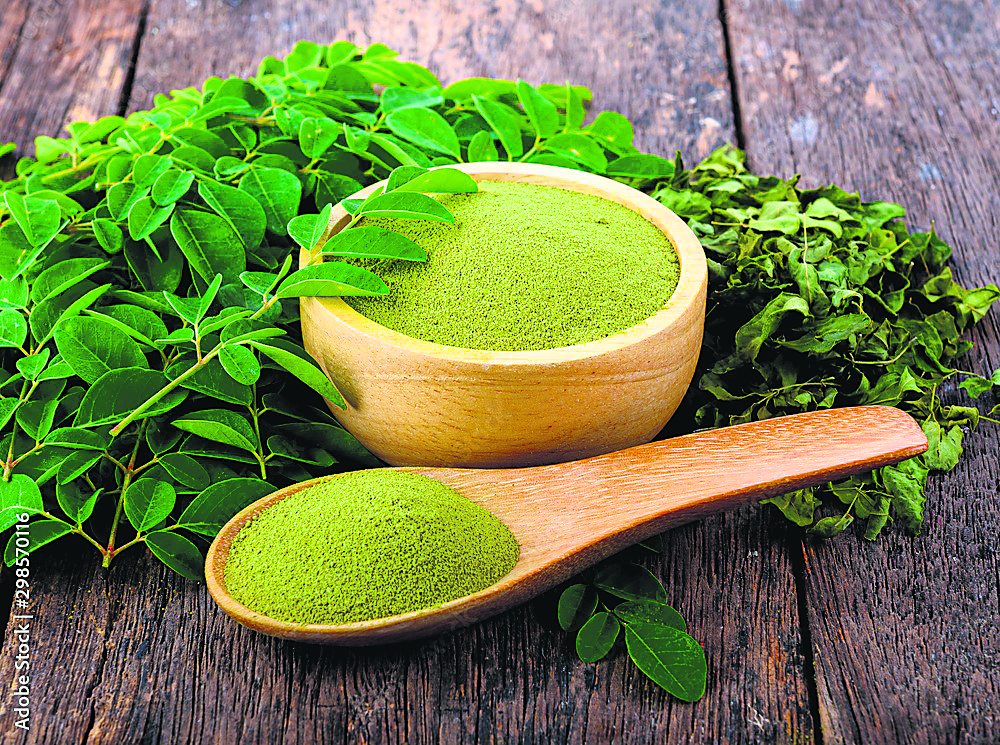 Moringa has amino acids and essential minerals, making it a potent skincare herb(adobe stock)
Moringa has amino acids and essential minerals, making it a potent skincare herb(adobe stock)
Moringa leaves are nutrient-rich and beneficial for gut motility and reducing constipation. Research indicates moringa effectively improves gut bacteria balance, promoting healthier digestion.
How to use: Add fresh or dried moringa leaves to soups, curries, or smoothies.
6. Aloe Vera 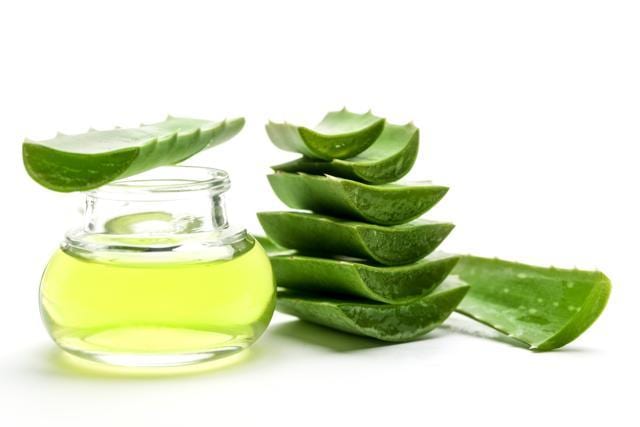 Aloe vera juice works as an excellent detox potion (Getty Images/iStockphoto)
Aloe vera juice works as an excellent detox potion (Getty Images/iStockphoto)
Aloe vera is widely used for gut relief due to its anti-inflammatory and gentle laxative properties. Clinical studies show it can effectively alleviate constipation and IBS symptoms.
How to use: Blend fresh aloe vera gel into water or juice but use sparingly to avoid laxative over-effects.
7. Yogurt and Kefir 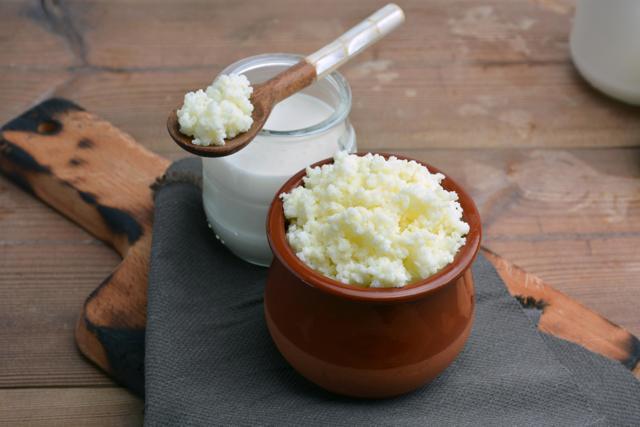 Probiotics like yoghurt and kefir boost your gut health and promote weight loss. (Shutterstock)
Probiotics like yoghurt and kefir boost your gut health and promote weight loss. (Shutterstock)
These homemade fermented dairy products introduce beneficial probiotics into your gut. Regular consumption significantly improves digestive function and eases constipation symptoms, according to multiple studies.
How to use: Prepare homemade yogurt or kefir and consume it daily.
8. Sauerkraut and Kimchi 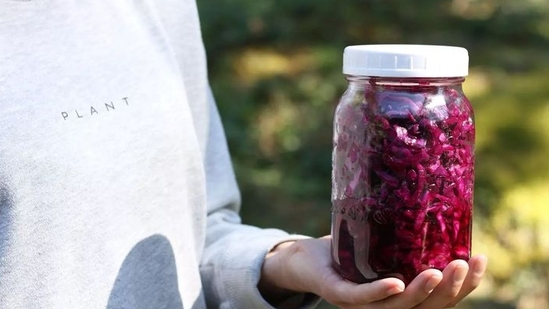 New study says sauerkraut does more than add tang, it could fight gut inflammation.(Image by ACTIVE VEGETARIAN)
New study says sauerkraut does more than add tang, it could fight gut inflammation.(Image by ACTIVE VEGETARIAN)
Fermented vegetables like sauerkraut and kimchi enhance gut flora diversity. Clinical trials confirm their role in reducing IBS symptoms, including abdominal pain and bloating, by enriching the gut microbiome with beneficial bacteria.
How to use: Make sauerkraut or kimchi at home and have a serving daily as a side dish.
Simple, natural and scientifically backed, these homegrown foods can dramatically improve your digestion and overall health, one bite at a time.
Note to readers: This article is for informational purposes only and not a substitute for professional medical advice. Always seek the advice of your doctor with any questions about a medical condition.
